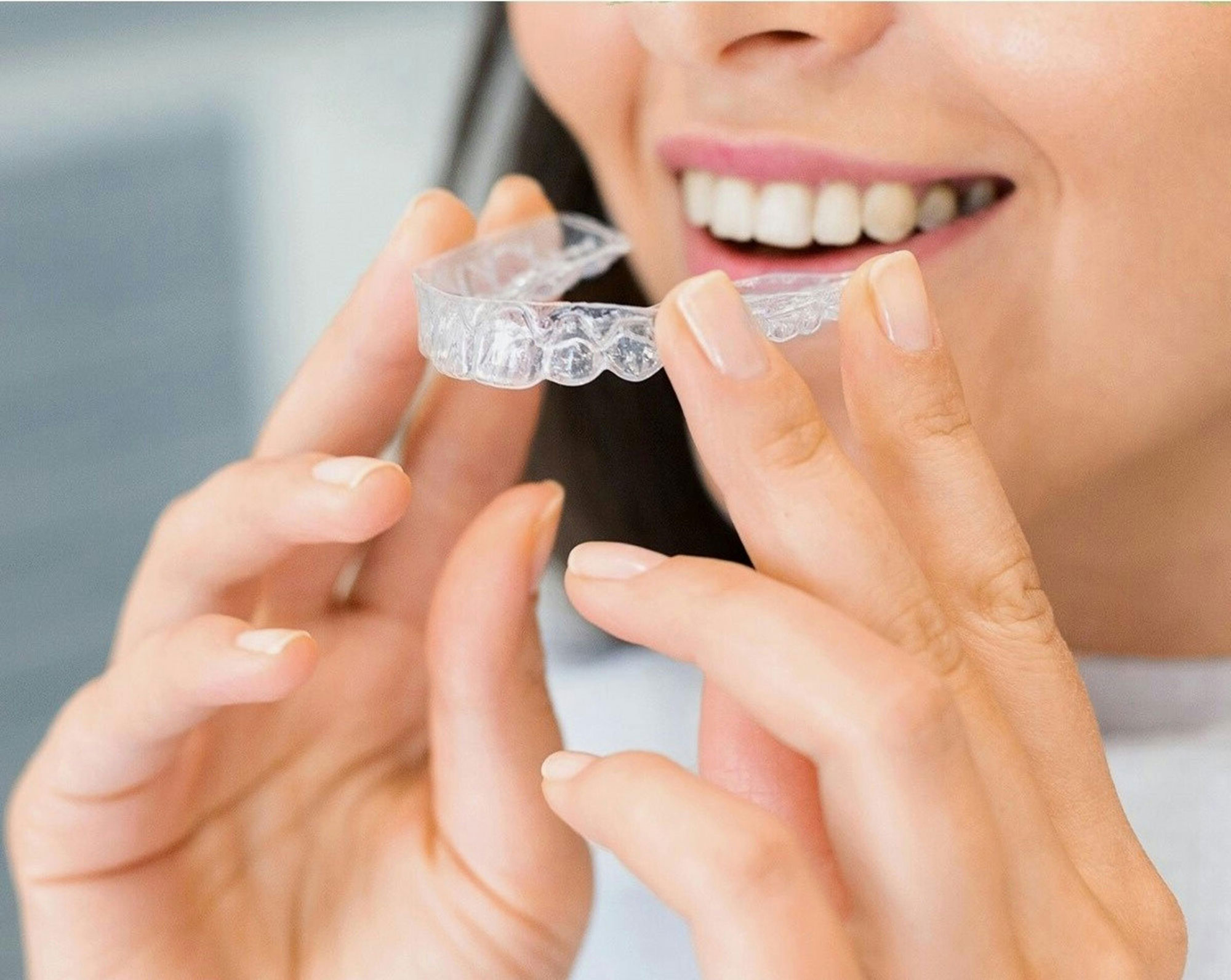How a Root Canal Can Become Reinfected?
Posted by Seattle Dental Care - Biological Dental Care Apr 12, 2025

How a Root Canal Can Become Reinfected?
Root canal treatment is often thought of as the final solution for a deeply infected tooth. While it can offer temporary relief from pain and preserve the structure of the tooth, many people don’t realize that a root canal-treated tooth can still become reinfected—even years later.
At Seattle Dental Care, we believe in educating our patients about the long-term impact of dental treatments and offering alternatives that align with whole-body health. Here’s what you should know about how and why a root canal can fail, and how biological dentistry approaches this differently.
What Happens During a Root Canal?
During a traditional root canal, the dentist removes the infected pulp (the soft tissue inside the tooth), cleans the canals, and seals the space—often with gutta-percha, a rubber-like material. The goal is to remove bacteria and prevent further infection.
But here's the problem: the tooth is now technically dead, and the intricate network of microscopic dentinal tubules inside it—up to 3 miles worth in a single tooth—can never be fully sterilized.

How Re-Infection Happens
Even with the most advanced techniques, some bacteria can remain trapped in these tiny tubules. Over time, these anaerobic bacteria can repopulate and trigger a reinfection. Here are some common causes of reinfection after a root canal:
1. Incomplete Cleaning of the Canals
The root system is complex. If even one canal is missed or inadequately cleaned, bacteria can linger and cause problems down the line.
2. Broken Seal
If the crown or filling placed to seal the tooth isn’t properly fitted, bacteria from the mouth can seep in and lead to reinfection. Additionally, the seal around the gutta-percha inside the root canal can break down over time, allowing bacteria to travel down the root and recontaminate the tooth.
3. Cracks or Fractures
Root canal-treated teeth are more brittle and prone to fracture. Once a tooth fractures, it opens a pathway for bacteria to re-enter.
Symptoms of a Failed Root Canal
Because a root canal treated tooth has lost it’s nerves, it may not always cause immediate symptoms, but over time, you may notice:
- Persistent or returning pain
- Swelling around the gums or jaw
- A recurring pimple-like bump near the tooth (a sign of chronic infection)
- Foul taste or odor
- Sinus problems or facial pressure
Sometimes, the infection may go unnoticed for years and can impact the immune system or contribute to systemic inflammation.
How a Biological Dentist Approaches Root Canal Failure
In biological dentistry, we take a whole-body approach to dental infections. Here’s how we manage root canal-treated teeth that have become reinfected:
Cone Beam 3D Imaging (CBCT):
The biological dentists at Seattle Dental Care have extensive experience in detecting and diagnosing hidden infections in the root using advanced imaging technology.
Biocompatibility Testing:
Before any restorative treatment, we check materials to ensure they don’t trigger immune responses in chemically sensitive patients.
Root Canal Extraction (if necessary):
If the tooth cannot be saved, you may recommend to safely removal of the tooth and thoroughly clean out the surrounding bone (often called a biological extraction)
Regenerative Support:
We use advanced technology to support healing and minimize microbial activity in the area. After the extraction, you’ll receive detailed post-operative instructions, which not only to help manage post operatory pain and/or discomfort, but also to guide you through the best practices for optimal healing.
A Healthy Mouth Supports a Healthy Body
Your mouth is interconnected to your whole body. A reinfected root canal isn’t just a dental issue, it can impact your overall well-being. If you suspect a problem with a root canal-treated tooth, reach out your local biological dentist, or to Seattle Dental Care – Biological Dental Care. We’ll walk you through your options and support your journey to whole-body health.
Curious about whether your root canal tooth is contributing to chronic symptoms? Schedule a consultation with Seattle Dental Care. We’re here to help.
Working Hours
MON - SUN8:00 am - 5:00 pm
Location
2107 Elliott Ave Ste 210,
Seattle, WA WA 98121
MON - SUN 8:00 am - 5:00 pm
2107 Elliott Ave Ste 210,
Seattle, WA
Phone : (206) 728-1330Text Us : (206) 728-1330





